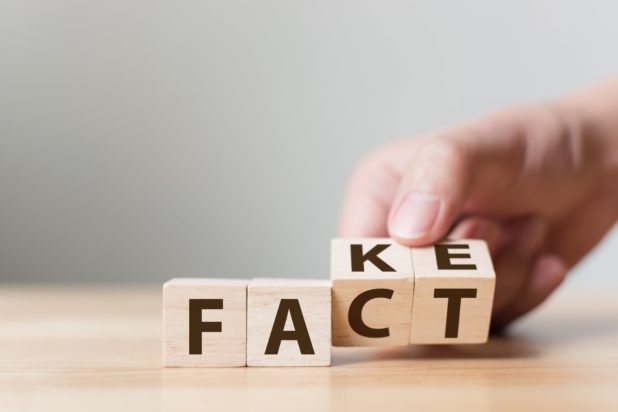How well do you understand your debt? Have you ever found yourself struggling to separate truths from the misconceptions about debt? If you’re on your journey to paying off your debt, congratulations! Taking the first steps to recognize your need to improve your spending habits is a big achievement.
If you’re currently struggling with debt, it’s important to remember first and foremost that you’re not alone. Australian debt has risen dramatically in the last few years. The average household in Australia owed $250,000 in 2016. This number includes things like mortgages, investor debt, and personal debt. However, it also includes more troubling things like credit card debt.
Start Debunking Misconceptions About Debt
What does all of this debt mean? With credit card debt at an all-time high in Australia, it’s clear there is a lot of misconceptions around debt, saving, and financial wellness in general. While making a few money mistakes is a normal part of life, you should educate yourself about the best possible money habits.
That all starts with debunking some of the many myths surrounding debt. These misconceptions will keep you from reaching your financial goals and some of them are downright harmful to your wallet. Here are 3 misconceptions about debt that could derail your journey out of owing banks if you’re not careful.
Myth 1: Using Debt is Necessary for Major Purchases
You’ll likely make a handful of major purchases in your life. From buying a house to getting your first car, these are things you’re likely going to need to finance. However, the mindset that using debt is necessary for all major purchases is a really harmful thought process.
While it’s true you’ll likely need to use some form of debt for some things, this could lead to unsafe spending. For instance, you might feel it’s okay to choose a home outside of your budget because you’re already taking on debt, so taking on a little bit more won’t make a difference.
This mindset could affect smaller purchases as well. If you make an expensive electronics purchase, you might be tempted to accept financing or put the expense on your credit card because it’s just another major purchase. Basically, there’s an expectation of debt. This expectation of debt actually will lead to you paying more in the long run because of interest and fees.
There’s a myth that not using debt is somehow wrong in these situations. In reality, you’ll need to see the signs and recognize for yourself when you’re stepping beyond the realms of what’s reasonable for your budget.
Myth 2: Paying Off Debt Instantly Improves Your Credit
There’s a lot of misunderstanding about how credit scores are calculated. Many people are surprised to learn that making a final debt payment might actually reduce your credit score. There are several reasons this might happen:
-
- Fewer Accounts – You might pay off a loan completely, thus closing one of your lines of credit such as a student loan or car loan. This may ding your score but that isn’t necessarily a bad thing.
- Credit Utilisation – Using some credit is actually a good thing. Lenders want to see that you’re responsible with credit and that usually means utilising a bit of your credit line (under 30%). If you have zero credit utilisation, lenders will not be able to see how responsible you have been with credit.
- Age of Credit – Finally, the age of your credit accounts as well as whether you’ve recently applied for additional lines of credit will have an impact on your score.
What’s most important is that you pay on time and pay attention to your credit utilisation. Finally, make sure you use your credit lightly to improve your credit utilisation.
Myth 3: It’s Smart to Make Minimum Payments
While it’s true the minimum payment on your loan or credit card is better than no payment, this isn’t the most effective way to pay off your debt. In reality, the best thing to do is to pay off your balance in its entirety every month.
Of course, this isn’t always possible if you’re paying off a high balance but you should still make more than the minimum payment if you can. The longer it takes to pay your entire balance, the more you’ll end up paying in interest and fees.
Let’s look at an example. If you have a $5,000 credit card balance and you pay $100 a month (only 2% of the balance), it will take over 24 years to pay the entire balance with an annual interest rate of 15%. You’ll also be paying over $7,000 in interest by the time that payment period is over. Talk about a reality check!
The only way to save on interest is to aggressively pay your balance down as much as possible each month. Working with a debt expert can help you identify a debt payoff arrangement so you can get that balance down as quickly as possible.
Understanding Your Debt
It’s vital that you have a plan for paying off your debt and that you also understand how the entire process works to prevent any misconceptions about debt. These misconceptions above are incredibly common but that doesn’t mean you have to fall for them. If you want to pay off your debt effectively, you need to know the right steps to take.
You don’t have to tackle your debt alone. The experts at Debt Busters have helped Australians achieve their financial goals for over 15 years. Talk to our debt experts today on 1300 368 322 to create a debt payment plan that’s right for you.




